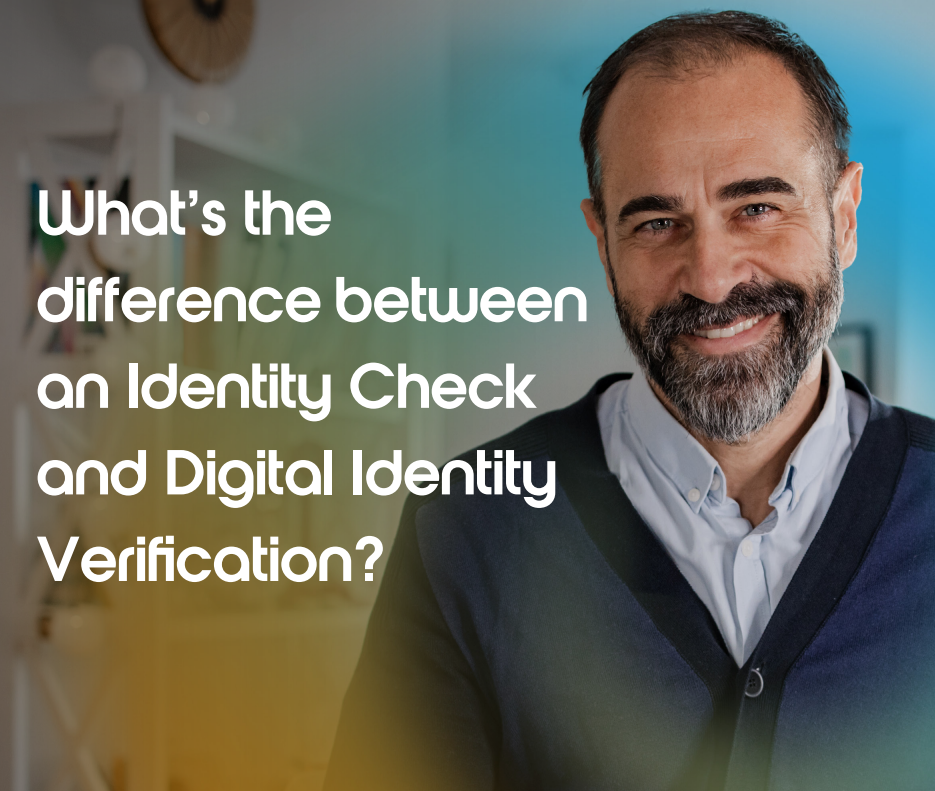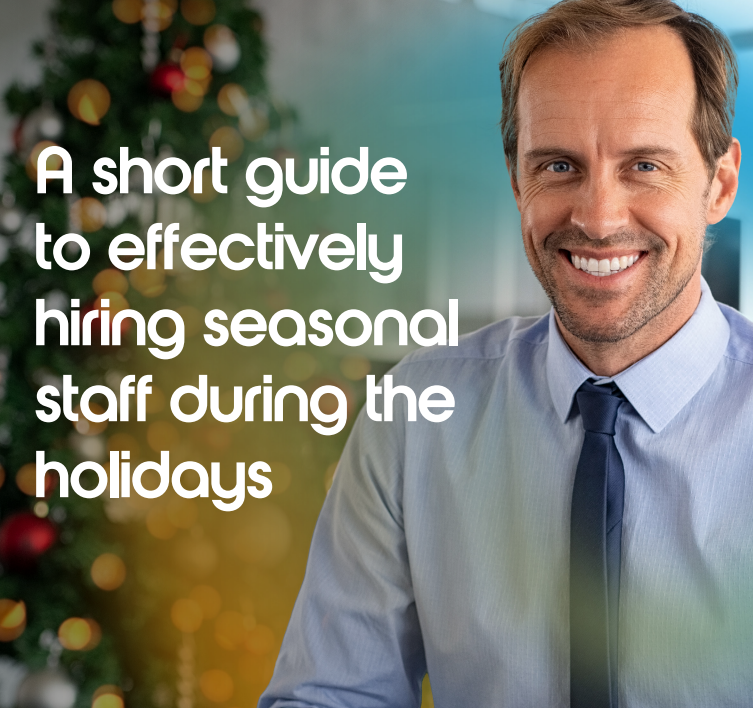Employers who do not carry out appropriate DBS Checks on staff – if they are eligible to do so – may leave themselves vulnerable in the business world.
If an employee is dismissed due to either causing harm or having the potential to do so, failing to refer that individual to the DBS is a criminal offence and will have consequences.
The power to refer can be used when an organisation thinks a person has either:
- harmed or poses a risk of harm to a child or vulnerable adult
- has satisfied the harm test; or
- has received a caution or conviction for a relevant offence and;
- the person they’re referring is, has or might in future be working in regulated activity and;
- the DBS may consider it appropriate for the person to be added to a barred list
But what constitutes an ‘appropriate DBS Check’? When and where are they needed? Are ‘old’ DBS Checks acceptable? Read on for our comprehensive guide.
Where and when are DBS Checks needed?
DBS Checks are needed for a wide range of professions and fields.
As general rule, employees seeking to become employed in a company whose business involves working with children or vulnerable adults will need to be screened for their suitability for the role. This is also due to safeguarding purposes.
Here at uCheck we’re more than happy to go through DBS Checks if you’re thinking of applying for a check yourself.
What is the legislation regarding DBS checks?
Professions and specific activities require a DBS Check are first mentioned in The Rehabilitation of Offenders Act (ROA) 1974 and subsequent (Exceptions) Order 1975. This is the base piece of legislation DBS Checks are bound by.
If a profession is listed the previous legislation and in the Police Act 1997, then screening is required.
This is to ensure that an employer does not hire employees from either of the two barred lists: the DBS Children’s Barred List or DBS Adult’s Barred List.
There have been a number of amendments to these acts over the years – so the original can’t necessarily be taken as gospel.
Are ‘Old’ DBS checks acceptable?
A DBS Check is a lot like a vehicle’s MOT, it’s valid for the day it is issued.
Each employer/regulator must then decide how long they wish to retain the certificate, how it is handled and then when re-checks should be conducted.
Different regulators may stipulate when a DBS must be re-checked, this can sometimes differ role-to-role.
Any information included will be accurate at the time the check was carried out – but not after – therefore, it is down to discretion.
Certain regulatory bodies, such as Ofsted or the Care Quality Commission, will require an employee to request a new DBS Check if they change the nature of their role within the organisation.
Good practices tend to renew DBS checks every 1-3 years – within some companies this is compulsory.
Appropriate DBS Checks – To conclude
Be sure to get in touch with us if you have any further questions. You can apply for a number of DBS Checks through our simple online platform – most checks are completed within 48 hours. Get started now.







